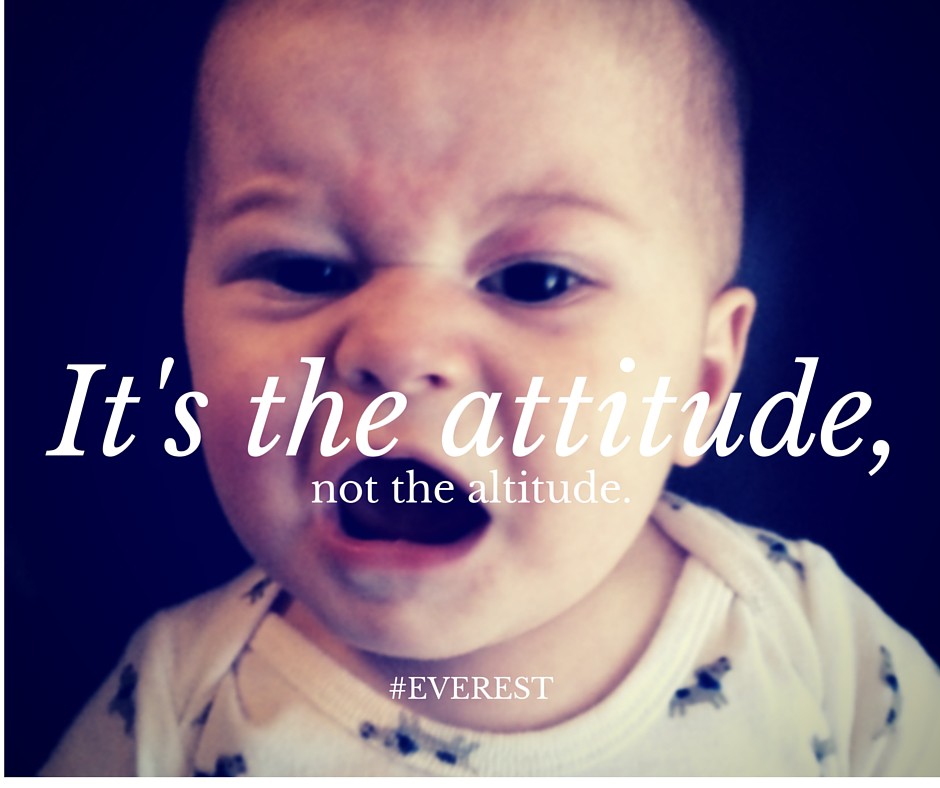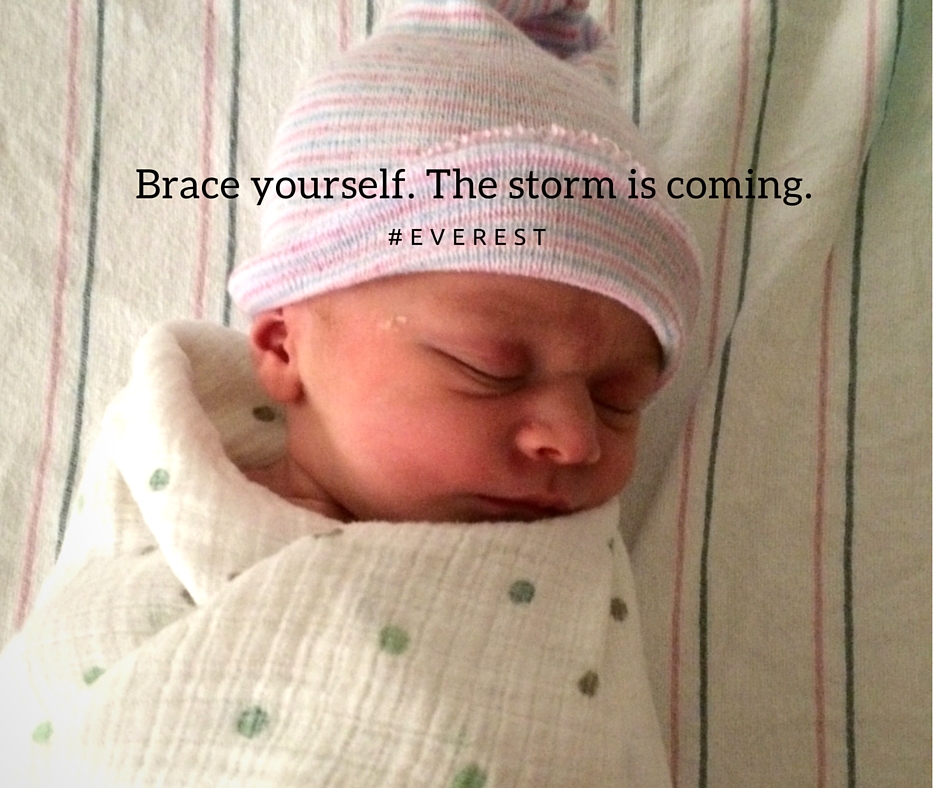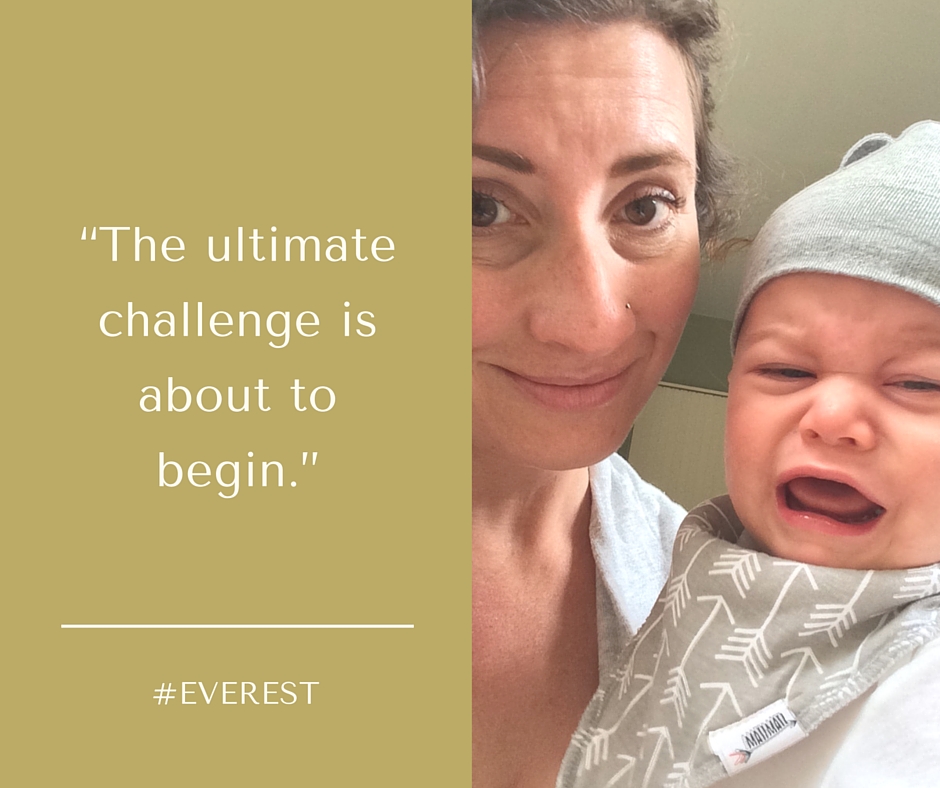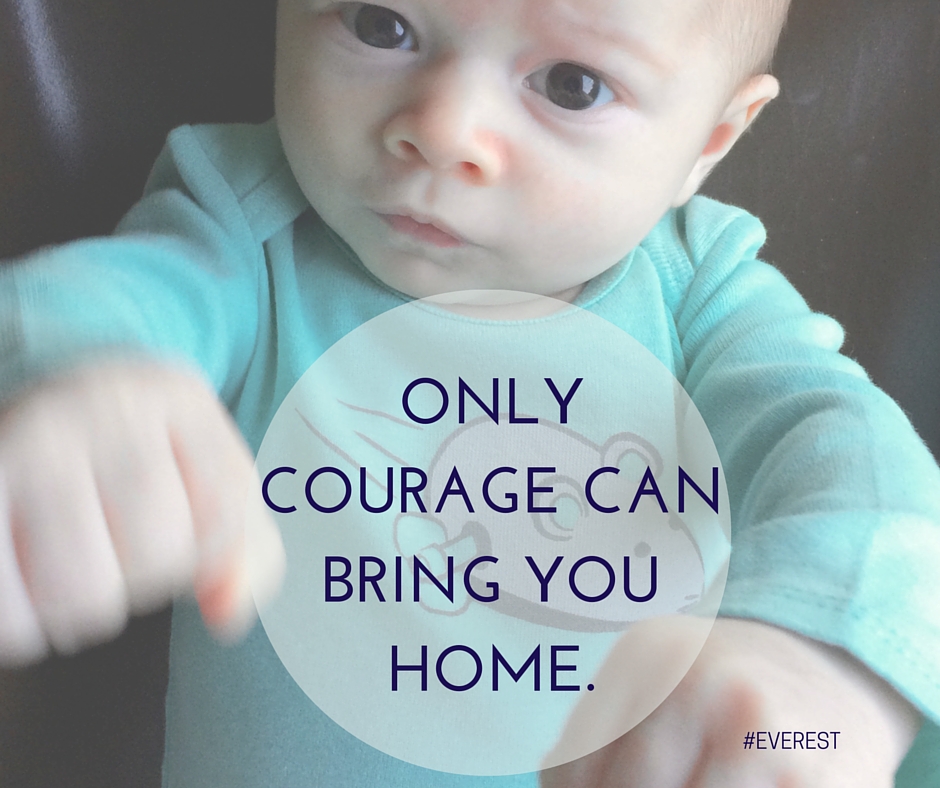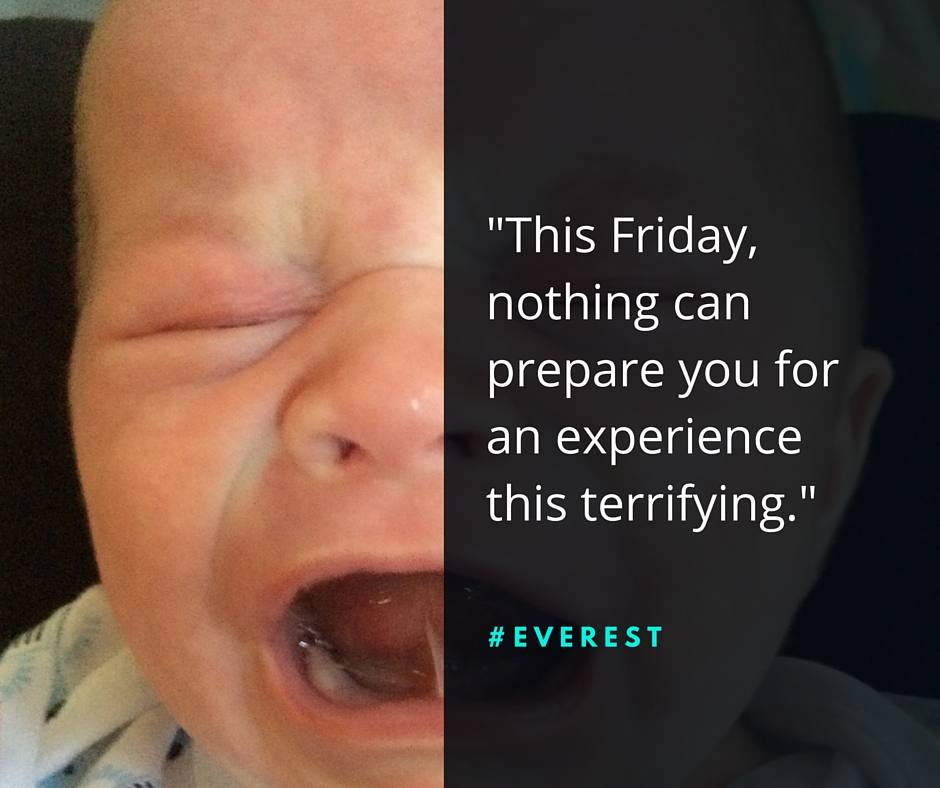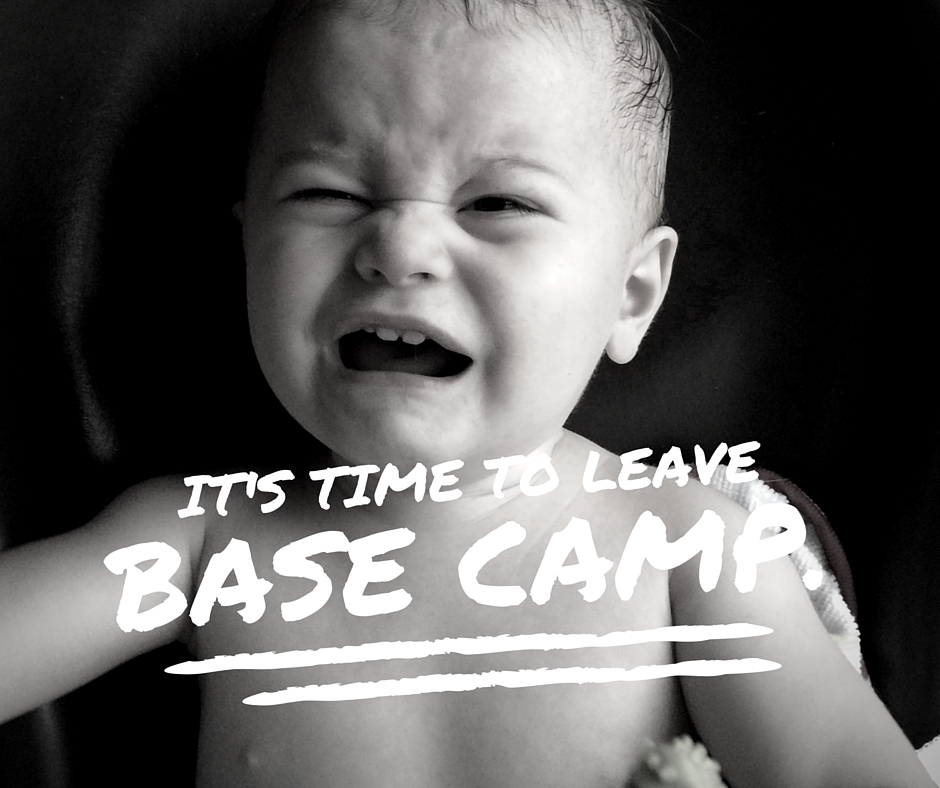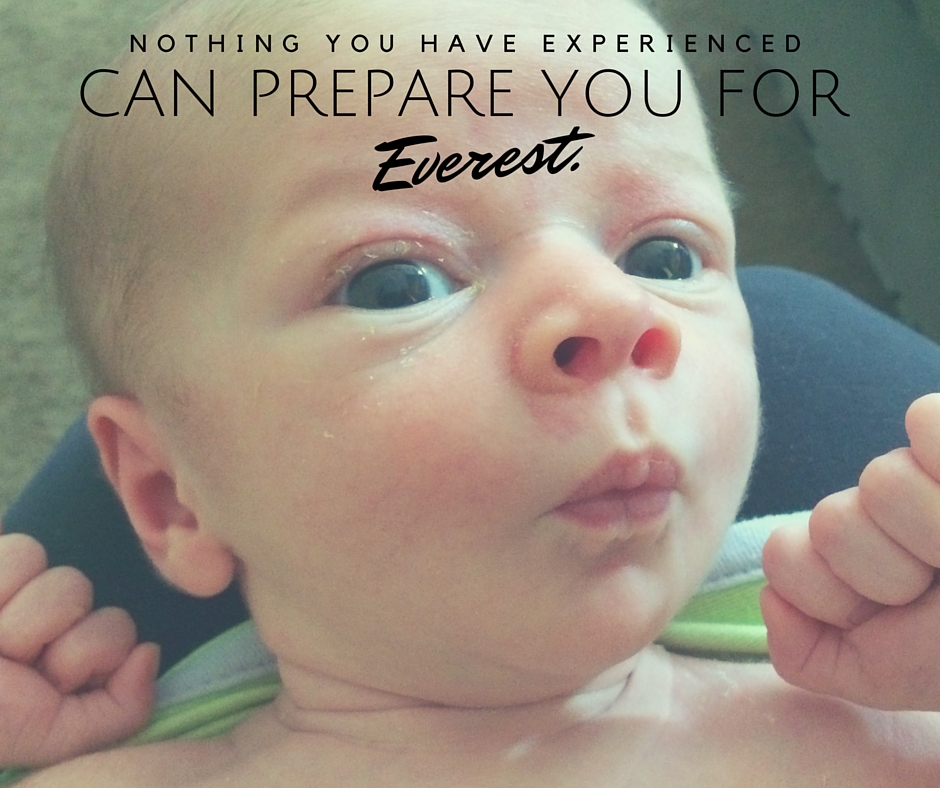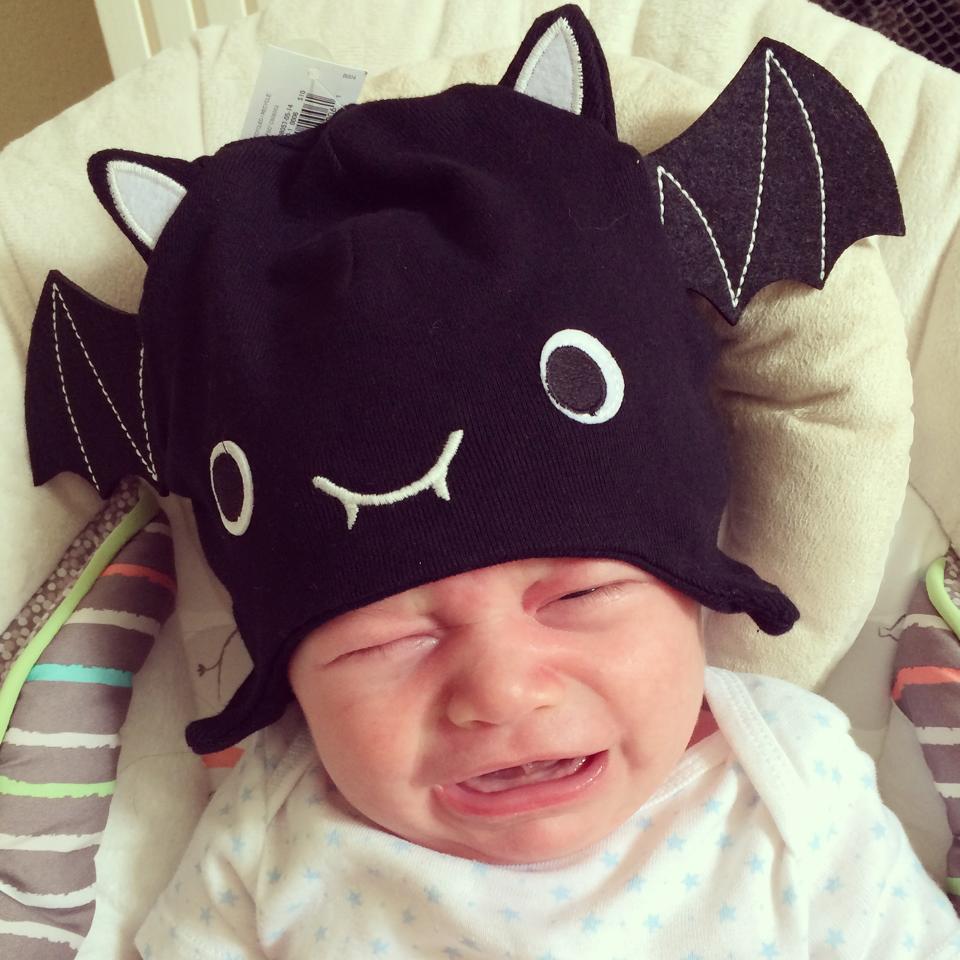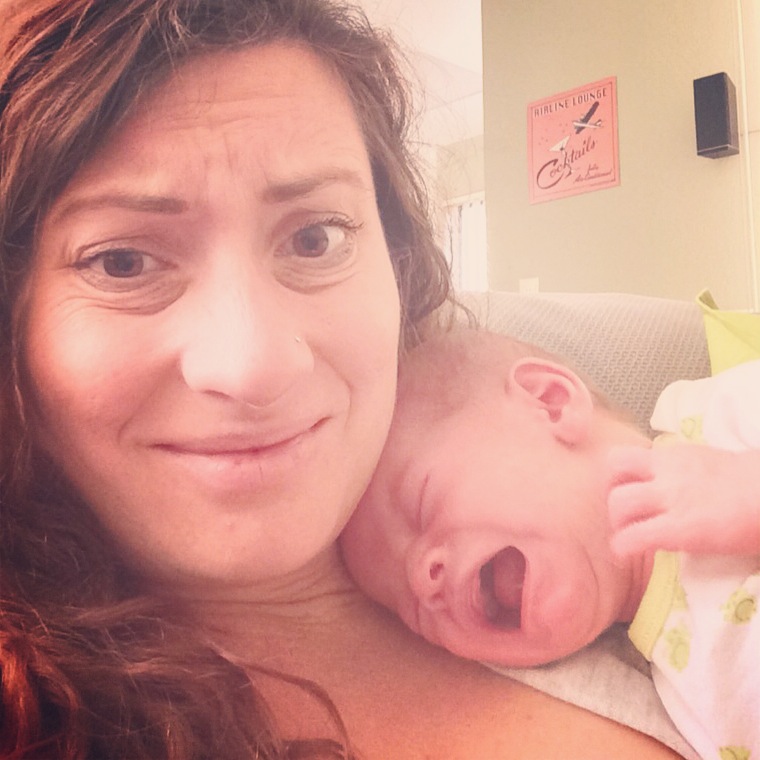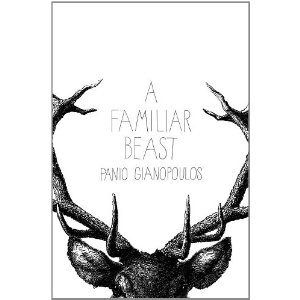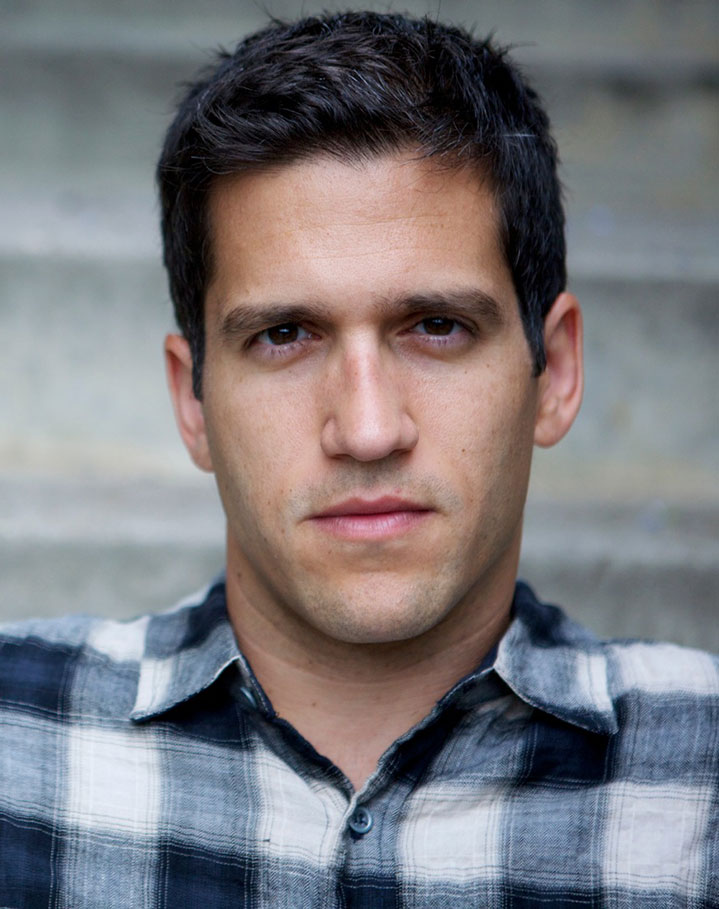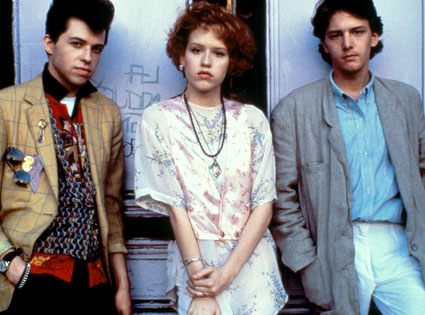These are anxious times for free media. We have a president who systematically and deliberately delegitimizes the press, fears the truth, and views the First Amendment as a threat. At the same time, many newsrooms are lean and have limited resources.
There is hope, though. Thanks to social media, the Internet, and the proliferation of media outlets, there is an opportunity for anyone to become a citizen journalist – engaging, informing, and educating others.
Like it or not, we are the truth-tellers now. And this is how to do it.
- Work a beat
It’s too easy to become overwhelmed by outrage fatigue. Instead, find one or two issues that you are passionate about, whether it’s gun violence, climate change, immigration, healthcare, LGBTQ equality, religious freedom, etc. Research those issues, and channel your energy in that direction. Become your own expert.
- Be persistent
This is particularly important when confronting members of Congress who don’t value the voices of their constituents. When the voicemail is full, fax them. When the email goes unanswered, go to their office and knock on the door. Remember: When someone is evasive, that means you’re on the right track.
- Greet the news with skepticism
Don’t be an impulse buyer of news. Read beyond the headlines. Find primary sources. Question numbers. Read transcripts in their entirety.
- Be accurate with the news you spread
Confirm numbers. Look up facts. Make sure quotes are in context. Spreading falsehoods ruins your credibility, and other people will no longer take you seriously.
- Demand answers
If you’re talking to an elected official, assert your power. They work for you. If you receive a response that isn’t adequate, call them on it. Ask what they’re going to do about the problem, how will they accomplish this, and when you can expect results.
- Be clear
Communicate your message in a clear, concise way. We’re often talking about complex issues with a lot of nuance – we must cut through the noise to help people understand what is important and how it affects them.
- Listen
A lot of people don’t post their politics on Facebook, tweet their issues, or write letters to the editor. They make their voices heard at the ballot box. It’s imperative we listen to their concerns now so we know how to best address them. We don’t want a surprise in 2018.
- Ask questions
Find out why your friend, neighbor, or relative voted the way they did. Ask what they are looking for and what they hope to achieve. Why do they feel what they feel? Give up trying to find common ground; just find their ground.
- Amplify the voices that aren’t being heard
The people who are loudest have an agenda, and their voices are already well represented. Find those who aren’t being heard and lift them up.
- Look for new entry points into the conversation
I love novels because fiction allows us to address important issues at an angle. Fictional characters offer a distance we don’t get with the news, and it opens up valuable entry points for conversation. Find books, movies, TV shows that allow you to have difficult talks with other people.
- Use the tools of storytelling
Legislation isn’t just a dusty document in some Congressperson’s office. These decisions affect real people, real families, maybe even you. Find the human story, as well as the significance and meaning of the story, and make the connection that policy is personal. Form a compelling narrative. Explain why this story matters.


